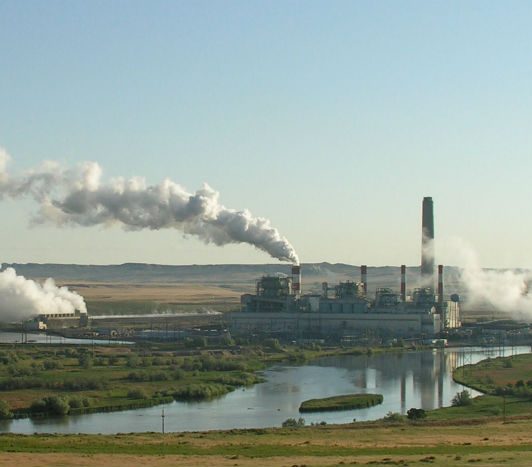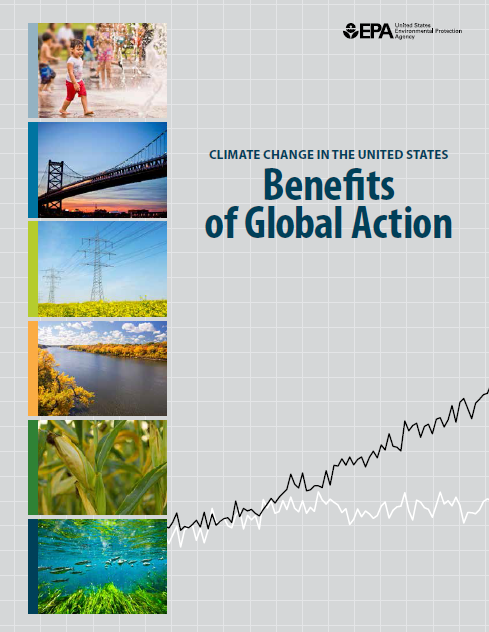by Smita Walavalkar, Legal Fellow.
The second of three Presidential debates leading up to the 2012 election, held on on Tuesday Oct. 16, saw contentious sparring between Governor Romney and President Obama over energy dependence, production, and price although neither candidate dared to mention climate change. Both Romney and Obama made statements in support of increased domestic production of fossil fuels and greater reliance on renewable sources but disagreed vehemently in characterizing trends in oil production on federal lands and fluctuations in the price of gas over the last four years.
In response to a question regarding the appropriate role of the Energy Department in lowering gas prices President Obama and Governor Romney jockeyed to demonstrate support for the production of fossil fuels in the U.S.:
Obama: The most important thing we can do is to make sure we control our own energy. So here’s what I’ve done since I’ve been president. We have increased oil production to the highest levels in 16 years. Natural gas production is the highest it’s been in decades. We have seen increases in coal production and coal employment…
Romney: Well, let’s look at the president’s policies, all right, as opposed to the rhetoric, because we’ve had four years of policies being played out. And the president’s right in terms of the additional oil production, but none of it came on federal land. As a matter of fact, oil production is down 14 percent this year on federal land, and gas production was down 9 percent. Why? Because the president cut in half the number of licenses and permits for drilling on federal lands, and in federal waters…
Numerous news organizations have checked the validity of specific claims made in the debate including Romney’s claim that oil production on federal land has increased and President Obama’s claim that oil production in the United States is at its highest level in twenty years. Governor Romney put forward his own energy plan by making the following promise for the United States energy portfolio:
Romney: Let’s take advantage of the energy resources we have, as well as the energy sources for the future. And if we do that, if we do what I’m planning on doing, which is getting us energy independent, North America energy independence within eight years…
Governor Romney did not outline the details of his proposal during the debate but the full Romney Ryan Energy White Paper can be found here. Assuming the current US consumption rate of oil and petroleum products remains steady, it is not clear how Romney plans to bridge the gap between the thirty-five percent of US petroleum imports currently coming from Mexico and Canada and an energy independent North America. President Obama did not respond directly to Romney’s energy plan but did characterize Romney as a friend to the oil industry and foe of renewable energy. President Obama’s “All of the Above” energy plan can be found on his campaign website.
While President Obama did mention the adoption of accelerated fuel economy standards during his term, and both candidates discussed the importance of the development of renewable energy sources, neither candidate mentioned the role of the US in stemming greenhouse gas emissions. Many commentators have noted the disappointing absence of an explicit mention of climate change by either candidate in light of mounting evidence of the disruptive effects of rising temperatures. The most recent data on energy consumption, production, and trade can be found in the 2011 Annual Energy Review from the Energy Information Administration.




